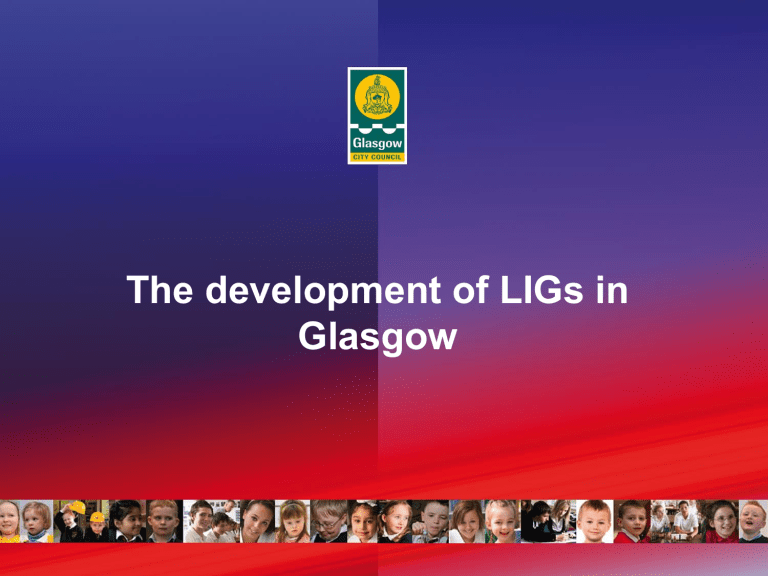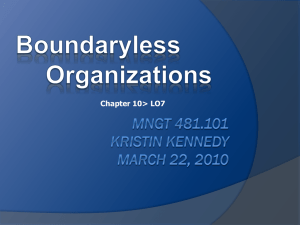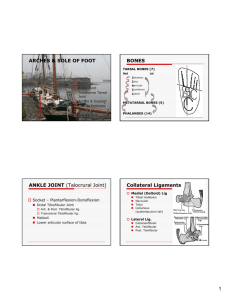The development of LIGs in Glasgow

The development of LIGs in
Glasgow
LIGs
• The development of Local Improvement Groups is one strand in the development of new approaches to Quality Improvement.
• There will no longer be a planned programme of quality reviews led from Centre across the City
•
We are increasingly utilising a more intelligence led and increasingly proportionate approach to support and challenge at establishment level.
• Increasingly tailored and bespoke solutions will be available for our schools and nurseries to support them on the improvement journey and to ensure positive outcomes for children and young people
• There will be a higher focus on validated self-evaluation exercises carried out in partnership with our establishments. These will focus on the establishment’s own priorities as identified through their self-evaluation processes.
LIGs
• Establishments within a Learning Community Grouping will continue to work on shared priorities aligned to transition and inclusion. There is no longer the requirement to submit a discrete LC plan.
• Each LIG will identify, using the intelligence available to them, a maximum of 3 key priorities for that grouping of establishments. These may be drawn from existing ongoing work in the LC or they may arise as a result of identifying common areas for improvement from amongst the rich data we already hold.
LC 1 establishments
Establishment priorities LIG Establishment priorities
Common LIG Priorities
1
2
3
External partner support
LC 2 establishments
LC 3 establishments
Rich data available
Information available
S&Q reports
Attendance and exclusion data
Peer trio data
Views of pupils, parents,staff and stakeholders
Attainment data
Inspection reports and
RIF
Pupil progress data held by establishment
Improvement plans
Education
Perspective
Reports
• The LIG grouping will bring together a wide range of expertise and knowledge around the table to discuss and agree what the associated priorities for the LIG might be.
They will also agree what resources may be available collectively to support these priorities being taken forward or indeed what expertise and good practice exists elsewhere across the City that could support taking the identified priorities forward.
How is the LIG constituted
•Heads of establishment
•Quality Improvement officers
•Educational Psychologists
•Integration and inclusion staff
•Area Partnership staff including 3 rd sector providers
•Glasgow Life staff
•Education Officer
•Glasgow University researcher
The 4 pillars of Public Service Reform
The LIG is based on….
• A decisive shift towards prevention
•Greater integration of public services at a local level driven by better partnerships, collaboration and effective local delivery
•Greater investment in the people who deliver services through enhanced workforce development and effective leadership
•A sharp focus on improving performance, through greater transparency, innovation and use of digital technology.
Where do we want to be?
• 8 LIGS in operation across the City during session 2014/15
• 2 in the NW and 3 in each of the other 2 areas
• Currently, NW 1 LIG has started and a development day was held at the beginning of May
• NE and South LIGs have also begun to meet to reach agreement and consensus on how to move forward
Outcomes of NW LIG working day
• Potential developments
• Consider establishing a LIG
“web page” or e-bulletin
•
Further develop aspects of the
PPB agenda
• Time limit the life of the ‘steering group’ and re-visit membership
• Next steps
• Further discussion is needed on how all staff can be engaged in the process.
• There needs to be an agreed realistic pace of change for developments
• Further discussion on the
Priority(ies) to be adopted across the LIG – Transitions ?










